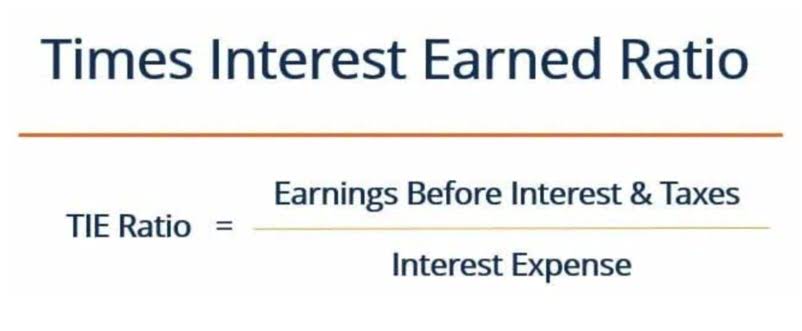Is mark to market accounting legal? California Learning Resource Network

The company would try to determine as accurately as possible what its marketable assets are worth. In comparison, if the bond is actively traded on public markets, the mark-to-market value would simply be the current trading price of the bond today. This reflects the bond’s true market value based on supply and demand – not a calculated present value of future cash flows.

What is a Mark-to-Market Valuation?

MTM accounting helps provide a real-time valuation of assets and liabilities, offering insight into a company’s finances that historical cost accounting may not reveal. As such, it plays a crucial role for investors, management teams, and derivative traders. Although it can sometimes exacerbate volatility in the markets, MTM accounting is generally seen as a necessary and positive component of our financial markets and reporting practices. Mark to market (MTM) is a method of measuring the fair value of accounts that can fluctuate over time, such as assets and liabilities. Mark to market aims to provide a realistic appraisal of an institution’s or a company’s current financial situation based on current market conditions.
Conclusion: The Importance of Mark-to-Market Valuation
There are other ways mark to market can be used beyond valuing company assets or securities. In insurance, for example, the mark to market method is used is mark to market accounting legal to calculate the replacement value of personal property. Calculating net worth, an important personal finance ratio, is also a simple form of mark to market accounting. If you make the mark-to-market election, your trading gains and losses are converted to ordinary income and loss. You’ll report the gains and losses on Form 4797 (sales of business property), not Schedule D (capital gains and losses). In margin trading accounts, mark-to-market rules require monitoring positions daily and maintaining a minimum margin level.
- These standards, along with other accounting and financial reporting rules, apply to corporate entities and nonprofit organizations in the U.S.
- If a company were in a cash crunch, for example, and wanted to sell off some of its assets, mark to market accounting could give an idea of how much capital it might be able to raise.
- The purpose of this article is to provide an introduction to the rules under section 475 and how those rules apply to banks.
- Mark-to-market is a corporate finance term that provides businesses with a way to evaluate a holding’s fair value for both assets and liabilities.
Understanding Supplementary Schedules in Financial Reporting

Mark to market accounting is also useful for investment firms that manage client accounts made up of publicly traded securities like stocks, bonds, ETFs, and mutual funds. Using historical cost accounting for these types bookkeeping and payroll services of assets with endlessly fluctuating values would not be useful for anyone involved. MTM-related losses and gains are the adjustments to the balance sheet’s assets or liabilities that occur as a result of applying the MTM method.
- As you can see, the MTM method is fulfilling its purpose of telling investors what the asset is actually worth as of the reporting date.
- Mark to Market accounting is considered necessary in order to provide investors and other market participants with an objective and accurate representation of a company’s assets and liabilities.
- Generally, the types of assets that are marked to market are ones that are bought and sold for cash relatively quickly — otherwise known as marketable securities.
- Mark to market is, in simple terms, an accounting method that’s used to calculate the current or real value of a company’s assets, as noted.
- That can include certain accounts on a company’s balance sheet as well as futures contracts.
How Did Enron Use Mark-to-Market Accounting?

The balance sheet is another area where mark to market accounting leaves its mark. By valuing assets and liabilities at their current online bookkeeping market prices, the balance sheet offers a more up-to-date representation of an entity’s financial position. This can be particularly beneficial for investors and analysts who rely on these statements to assess the company’s health and make investment decisions.
